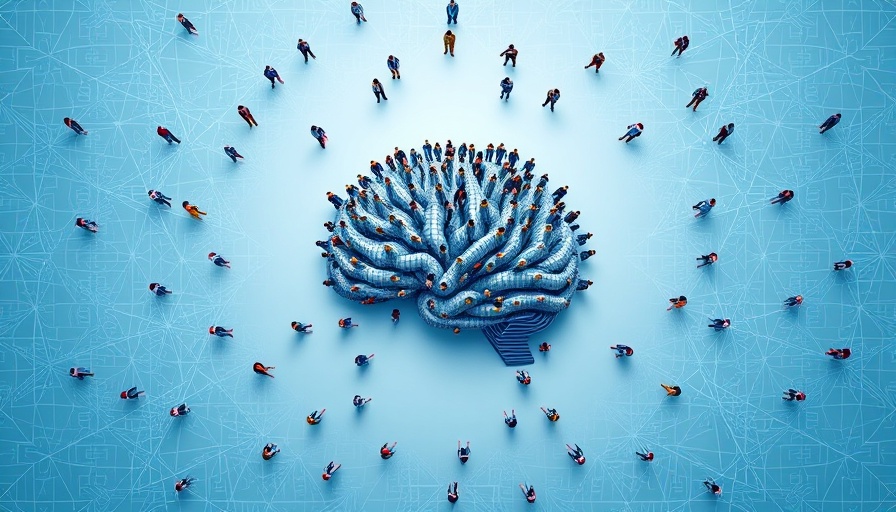
Redesigning Work for the AI Era
As artificial intelligence (AI) continues to transform the landscape of work, leaders need to take proactive steps in re-engineering their workforce to meet the challenges brought by automation. This transition is not just technological; it is fundamentally about reshaping how work is organized and who performs it. According to industry expert Josh Bersin, organizations must establish a common language around work to effectively navigate these monumental changes that AI brings.
The Role of Leaders in Workforce Preparedness
One of the most pressing questions arising from this transformation is who holds the responsibility for preparing the workforce for the AI age. Leaders play a crucial role in this process. Instead of assuming that employees will easily adapt to these changes, it is essential for leadership to guide their teams, evolving not just the technology they use but also how they think about tasks and roles. Bersin's research urges leaders to break down tasks and align human roles alongside automation, ensuring no one is displaced and everyone can benefit from AI’s potential.
Accountability in Modern Business Structures
Today, the expectations of stakeholders have evolved. It’s no longer sufficient for companies to demonstrate profit; organizations are evaluated based on their efforts to maximize the potential of their employees. This shift towards accountability means that jobs should be redesigned around tasks rather than skills. As a practical example, a junior analyst in finance could transition to a data scientist role through targeted reskilling that focuses on the specific tasks involved, demonstrating how AI can augment their capabilities rather than render them obsolete.
Guiding Employees Through Change
A significant challenge remains: many employees lack the necessary tools to navigate these transitions effectively. As leaders cultivate a unified understanding of work within their organizations, they must consider how to structure support systems that assist employees in mastering new tasks efficiently. Personalized, task-focused reskilling initiatives will empower individuals to transition seamlessly into roles that incorporate AI solutions, rather than feeling overwhelmed or lost in the technological shift.
Empowering Your Brand in the AI Transition
With the ongoing changes driven by AI, brands must recognize the importance of aligning their workforce strategies with these advancements. Leaders should assess their business models to ensure they are designed to leverage human talent effectively, creating value that resonates with both employees and clients alike. Would you like to clarify your Brand?
 Add Row
Add Row  Add
Add 




Write A Comment